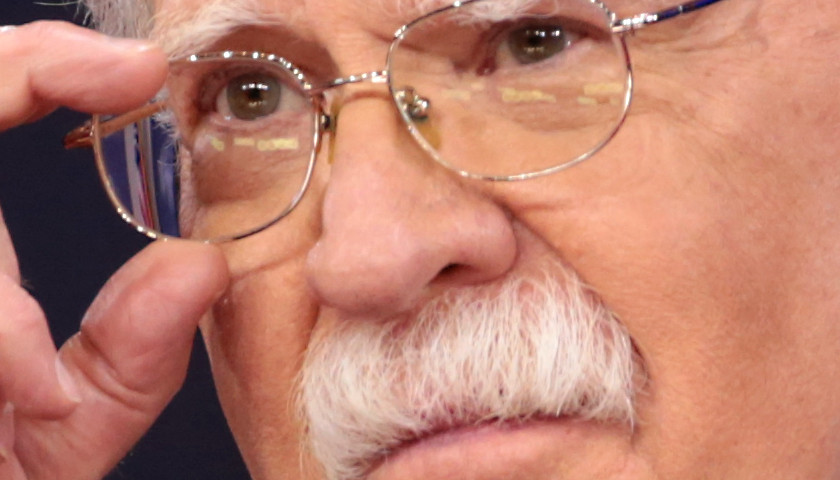President Donald Trump’s National Security Adviser John Bolton vowed Tuesday to “squeeze” Iran “until the pips squeak,” a week after a tough new round of sanctions came into force.
Trump has dramatically increased pressure on Tehran, withdrawing from an international agreement aimed at ending its nuclear program and introducing several rounds of unilateral U.S. sanctions.
The latest tranche of measures have been touted as the toughest yet, and aim to significantly reduce Iran’s vital oil exports and cut off its banks from international finance.
Speaking in Singapore, Bolton said: “We think the government is under real pressure and it’s our intention to squeeze them very hard.”
“As the British say, squeeze them until the pips squeak….We are also going to significantly increase the enforcement of sanctions,” Bolton said.
The United States has repeatedly said that humanitarian needs, food and medicine are exempt from the sanctions and the Iranian people are not the targets.
But Iran says the sanctions are inhumane and go against international law.
The sanctions on banks have meant that few if any international lenders are ready to facilitate transactions for fear of upsetting the United States, even for humanitarian purposes such as medical supplies.
Coupled with a plunge in Iran’s national currency, this has led to severe shortages and soaring black market prices for drugs from abroad needed to treat illnesses like cancer and even simple anaesthetics required for surgery.
Crime against humanity
Iranian Foreign Minister Javad Zarif said in a tweet on Monday that the “intention to starve civilian population is crime against humanity”.
“ICJ already refuted the U.S. claim on humanitarian exemptions,” he wrote, referring to the International Court of Justice.
Attached to the tweet were letters Zarif said were from international pharmaceutical firms to their Iranian partners informing them that they are ceasing all shipments to Iran due to U.S. sanctions.
The U.S. measures have been opposed by other parties to the deal aimed at ending Iran’s nuclear drive – Britain, France, Germany, China and Russia – who have vowed to keep the accord alive.
“There’s no doubt Iran has already started to try and find ways to evade the sanctions both on oil in particular and financial markets,” Bolton added.
U.N. inspectors say Iran is abiding by the agreement.
But Bolton said “most of the countries of Europe have passed through denial and anger and many of them are already at acceptance that we’re out of the deal.
“Others are getting to that point.”
In the face of widespread opposition to the sanctions, Washington issued exemptions to eight countries to its ban on buying oil from major producer Iran.
Washington is demanding that Tehran end policies rooted in the 1979 Islamist revolution, including its support for regional proxies such as the Lebanese militia Hezbollah and its development of missiles.
The only support for the U.S. position has come from Iran’s regional rivals, notably Saudi Arabia and Israel.
The International Monetary Fund has forecast that the sanctions will cause Iran’s economy to contract 1.5 percent this year and 3.6 percent next year.




